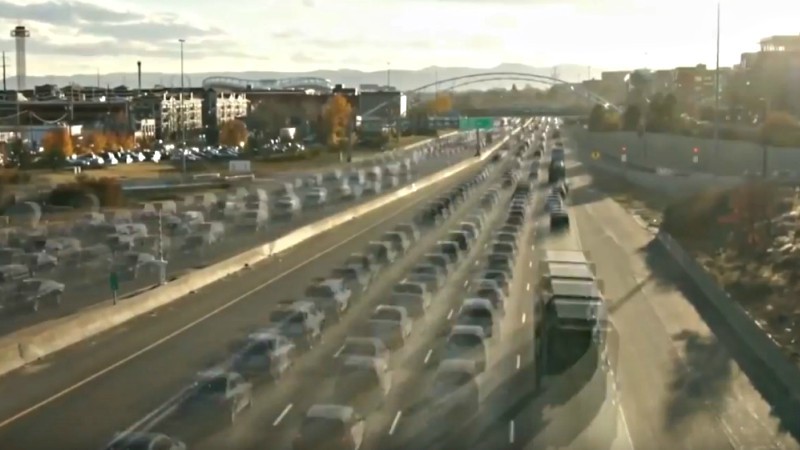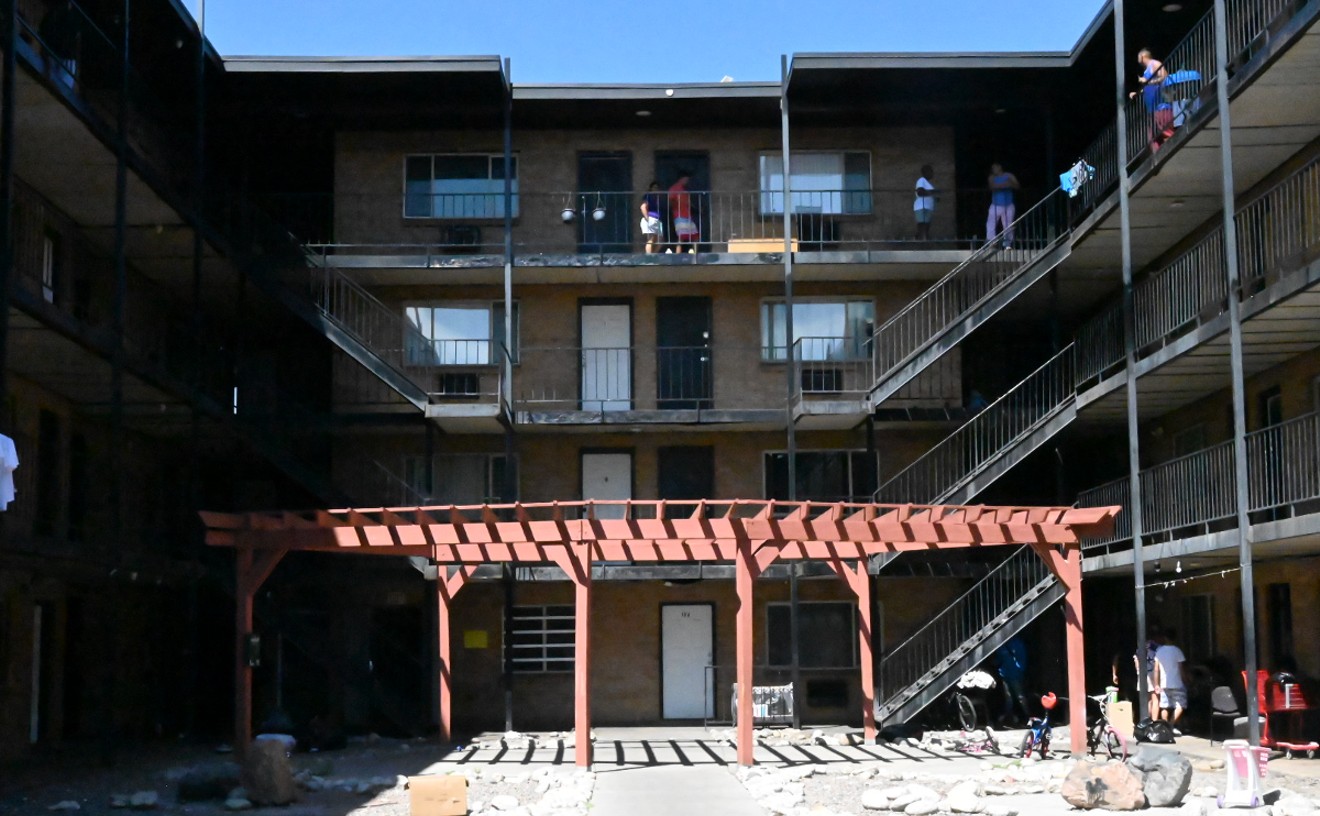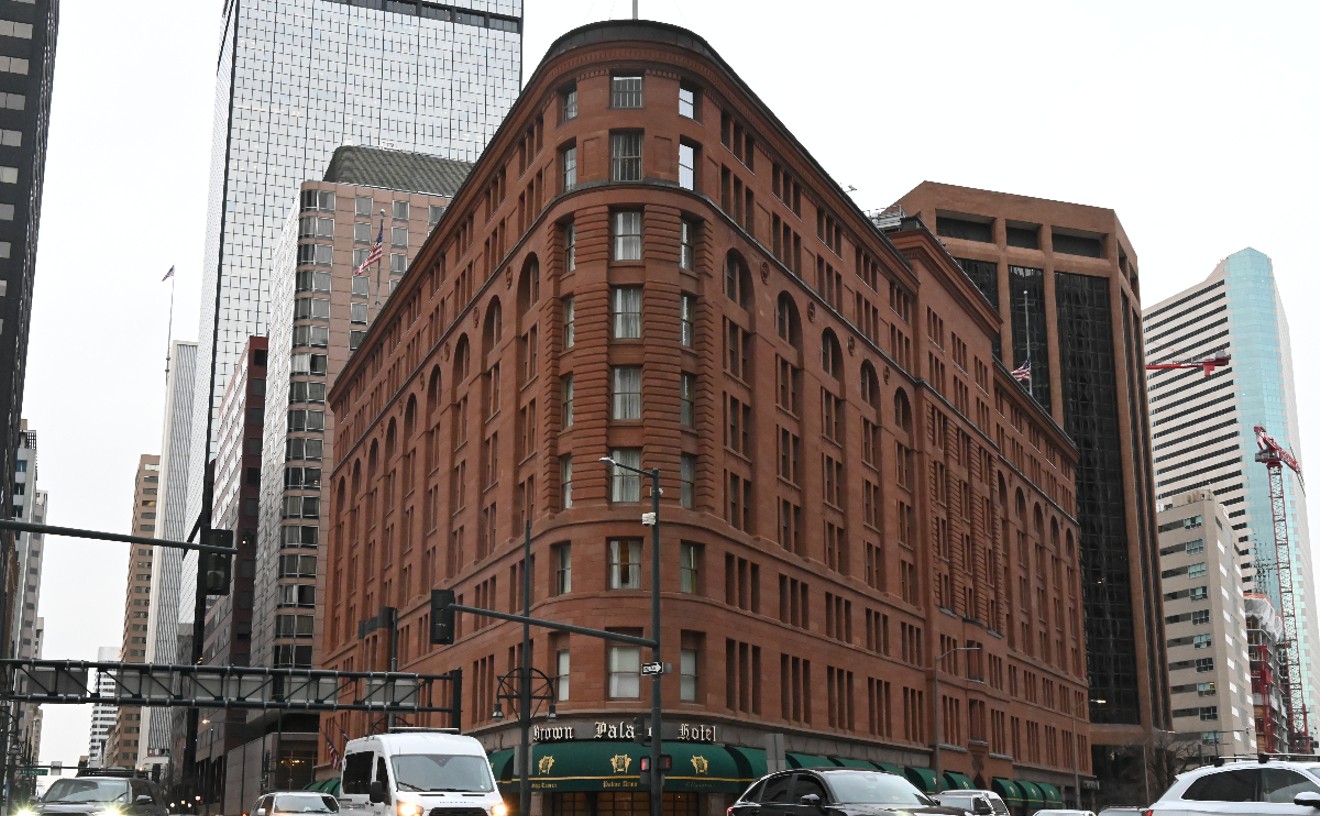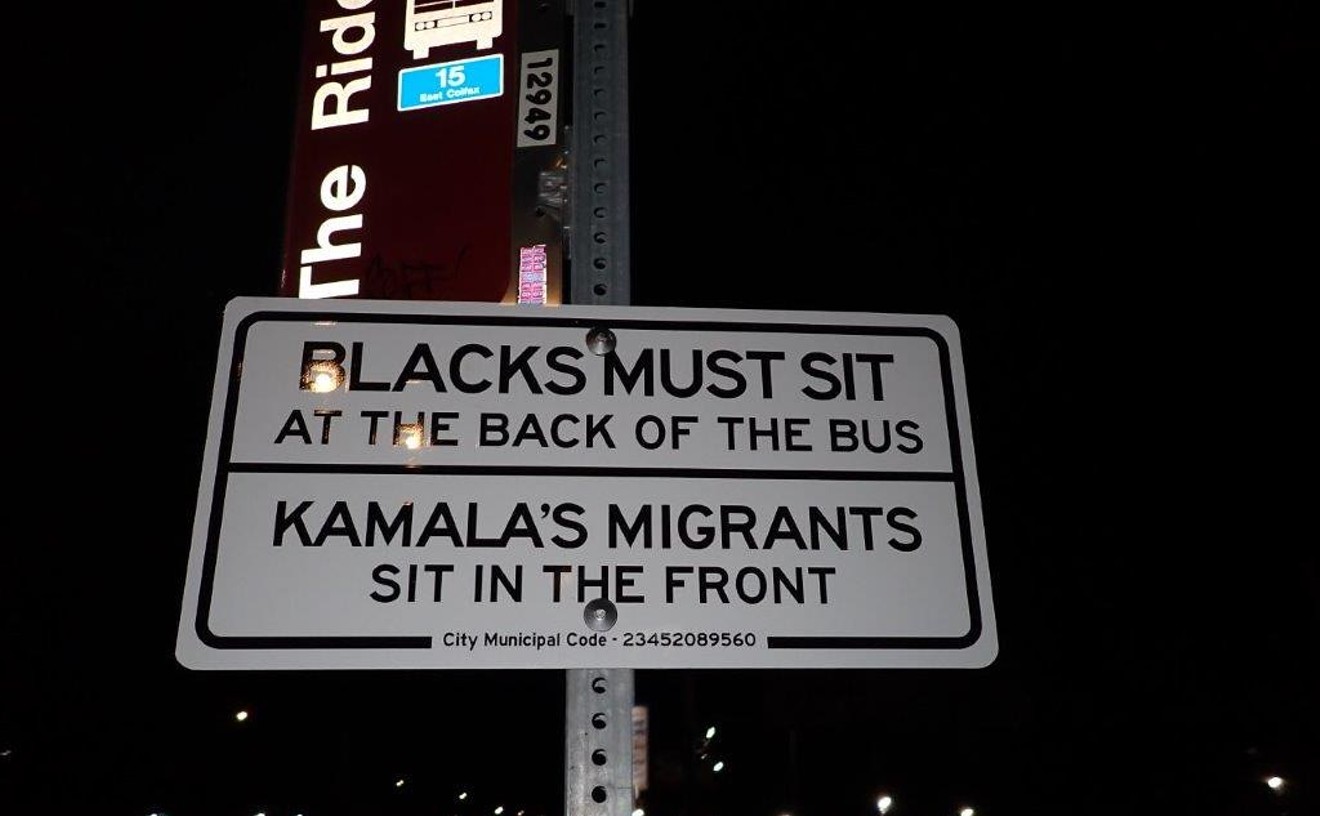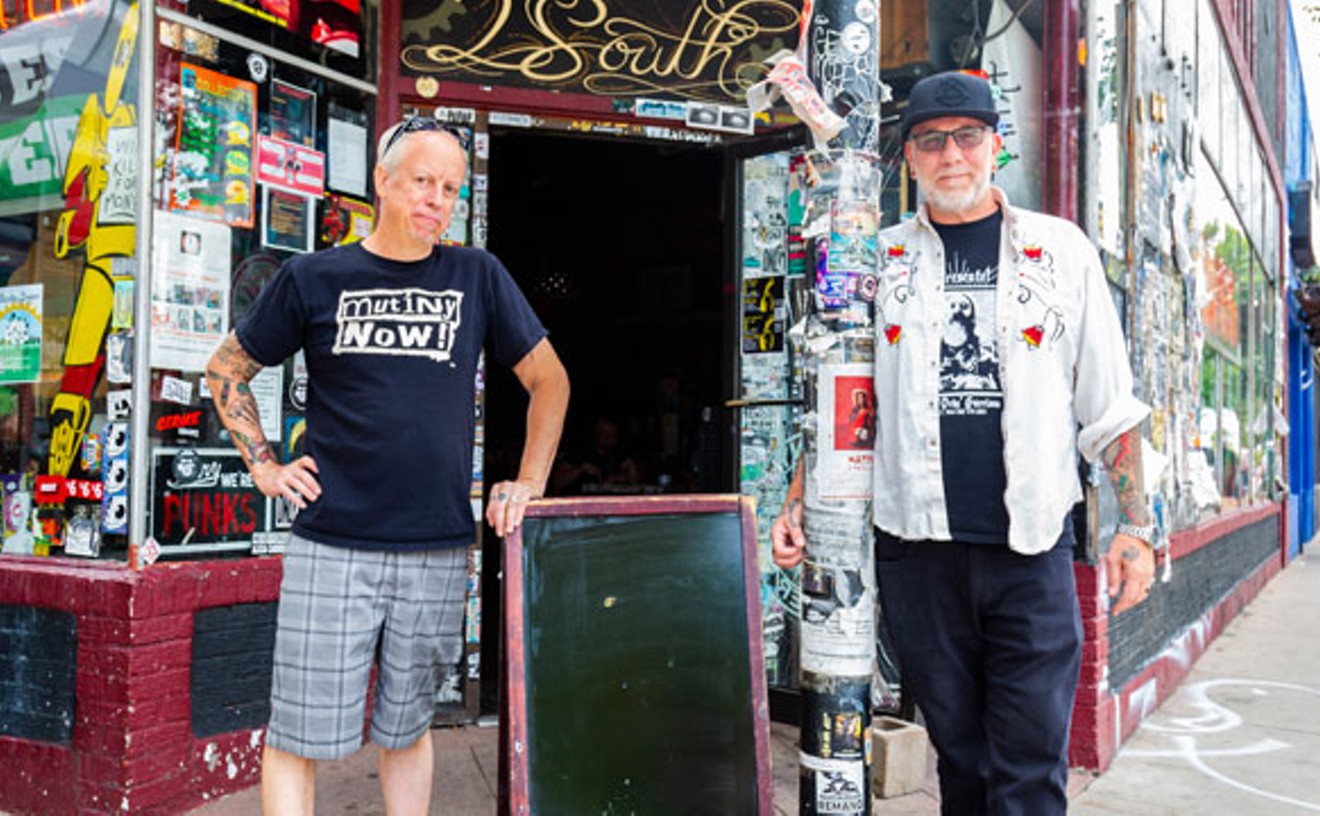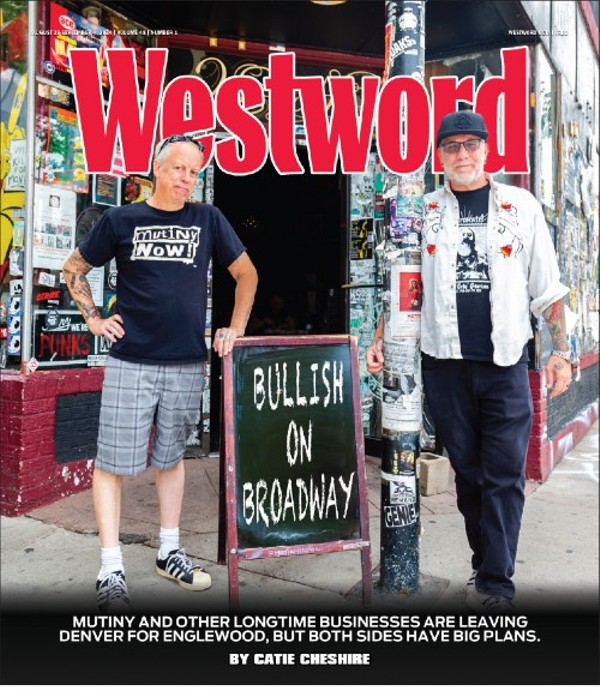The total population of the state was 5,029,126, according to the 2010 U.S. Census. As of July 1, 2018, the figure had risen to 5,695,564. That means Colorado attracted 666,368 new residents over an eight-year span. Actually, that's more than another Denver: The 2010 census lists the Mile High City's population as 600,158.
And it sometimes seems like that many people are complaining about the crowds. Says Luke:
When I sell a fishing or hunting license, one of the questions I have to ask is, "When did you become a resident of Colorado?", and a good portion of the answers are within the past ten years. It seems more and more rare to have a true Colorado native in the shop. Who knows if the massive influx of people is a good or a bad thing? Obviously, the economy is booming, but the housing market and current infrastructure is not sustainable.Responds Lx:
In reality, all I want is to be able to drive eight miles on I-25 through town without it taking an hour. Is that too much to ask?
Denver roads (or Colorado roads in general) were not made for millions of people to live here.Notes Bob:
All the people who moved here in 2006 complain about those who moved here in 2011.Suggests Paul:
All the people bitching on here need to shut up or just leave if you don't like it. I've been here my whole life, and most of my best friends are from other places. It happens to every big city in America. And Colorado is by far the best place to live, so people move here. Get over it or leave. But stop bitching, because it's not changing anything and y'all sound like children.Concludes Chuck:
LOL @ people who think Colorado is “crowded.” There are still more people in all of NYC or the state of NJ, and those places are TINY compared to Colorado. Relativity is everything; step out of your bubble and you’ll see that Colorado has a long way to go before it can truly be called “crowded.”If those roads seem more crowded, that's because they are. The increase in population isn't because Coloradans are having a lot more kids. In fact, given the percentage decrease in state residents under eighteen, you don't have to be a math genius to realize that those over eighteen have caused the main boost in population totals. And many of them come with cars.
I understand that “natives“ are upset that their state is changing as more people move into it, but again, move out of your bubble and realize that every single state is changing all over America.? Nothing anywhere is going to be the same as it was when you grew up. Coloradans just complain about it more than anyone else. Go spend some time in Los Angeles or Manhattan or any other place that’s a fraction of the size of Colorado with way more people living in it, then come back. You’ll appreciate how tame Colorado still is??. Or, you know…move to Texas like everybody else who runs away?. That’s one place guaranteed not to become overcrowded, and for a good reason. ?
The 2010 Census total for Coloradans over eighteen stood at 3,803,587, versus 4,430,329 in July 2018. It's not just Colorado's total population that's going up; so is the age of Coloradans. The median age was 36.1 years old in 2010 and 36.9 in 2018 — a modest but noticeable increase.
Read some other takeaways from the Census here. What will the next one show? Can our roads keep up with the growth? Post a comment or email your thoughts to [email protected].

